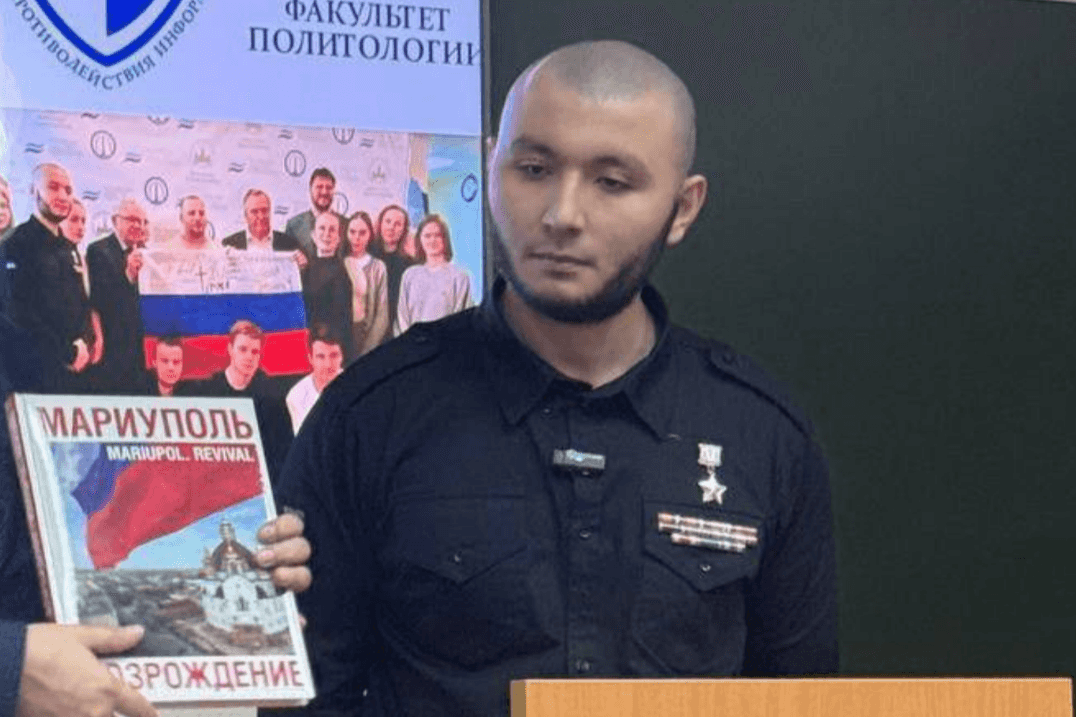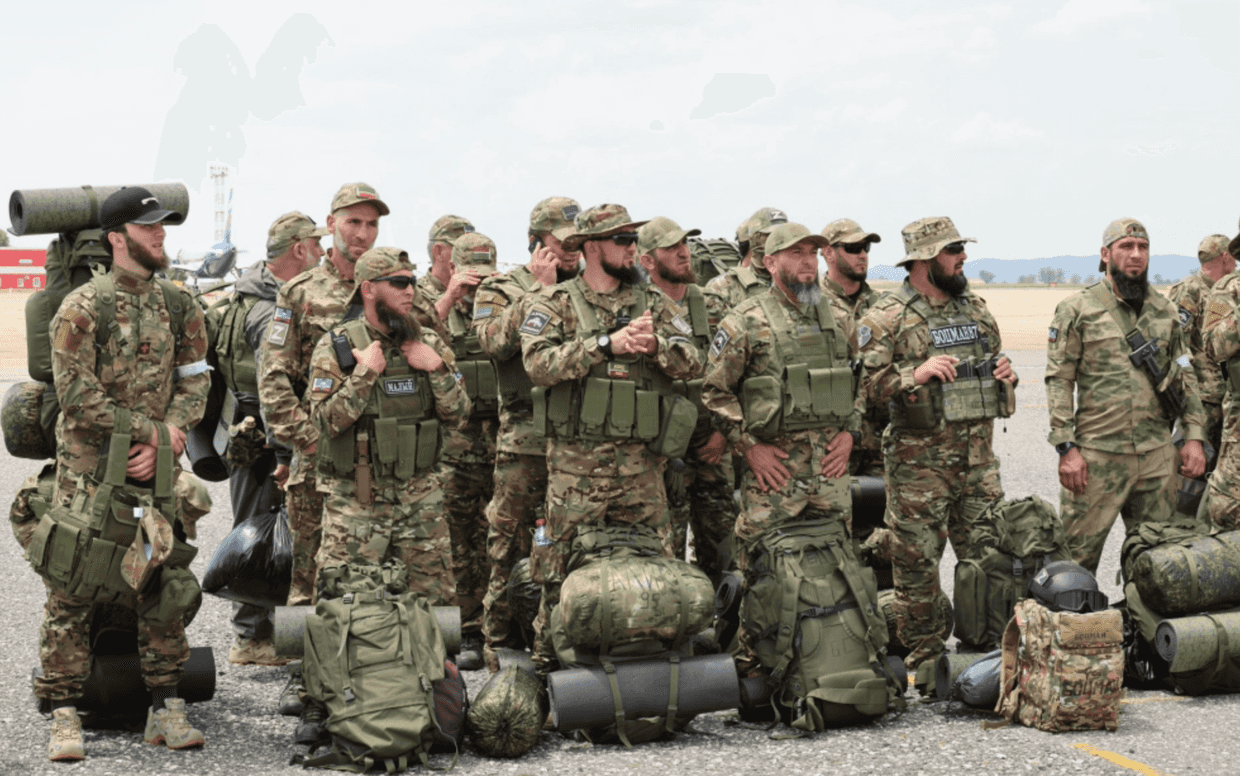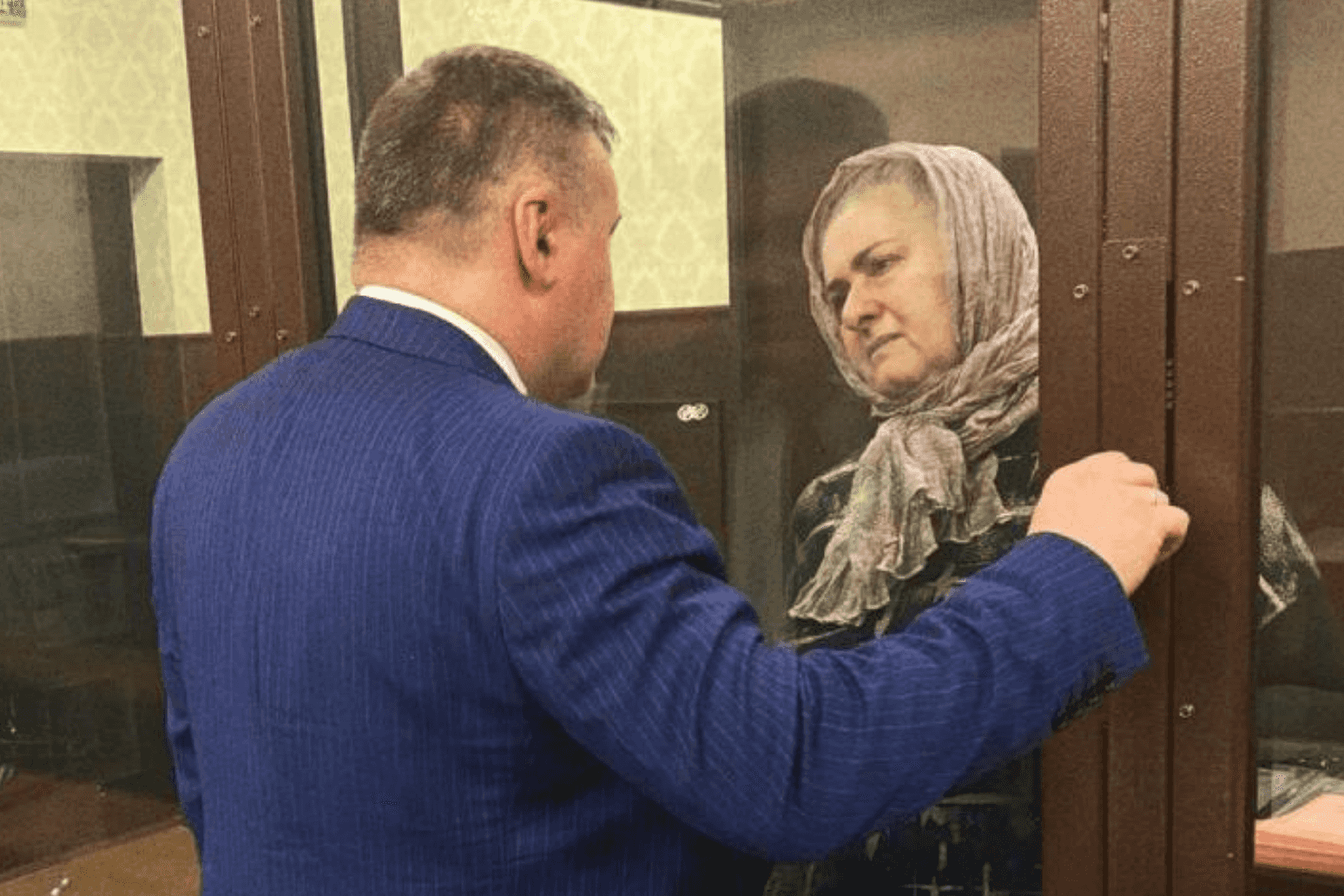
Over 50 Chechens are being held in a detention centre in the Croatian capital Zagreb, where they are reportedly being investigated for extremism and subjected to physical and verbal abuse.
They were detained in early November attempting to emigrate from Russia through the Balkans. The Assembly of Chechens in Europe claims that the Chechens were detained on suspicions of their involvement in extremist activities.
According to Isa Daduev, who heads the Assembly’s human rights department, they were forced to waive their right to asylum in Croatia and prevented from contacting relatives or lawyers.
‘They were under pressure, it happened that they were beaten for disobedience or something else’, Daduev told OC Media. ‘Only after someone from the Prosecutor’s Office and law enforcement agencies visited this camp and met with the refugees did [the authorities’] attitude towards them improve. We do not know how long this will last.’
Daduev stressed that none of the Chechens were on any wanted lists or had engaged in extremist activities, adding that they left Russia to avoid the partial mobilisation.
On 10 November, the Centre for Peace Studies, a group providing support to asylum seekers in Croatia, told OC Media that they had requested information about the detained Chechens from the Interior Ministry, but had yet to receive any answer. The Centre has additionally informed Croatia’s Public Defender of the case.
‘We’ve unofficially found out that approximately 10 people among the group of detained Chechens are asylum seekers and were previously accommodated in the Porin Reception Centre in Zagreb’, a spokesperson said.
Croatia’s Independent Mechanism for Supervising the Actions of Police Officers also plans on discussing the issue, according to RFE/RL. The chair of the mechanism’s coordination committee, Robert Markt, revealed that 153 people from Russia were currently being held in a reception centre in Zagreb.
The Assembly of Chechens of Europe maintains that the immigrants were attempting to flee military mobilisation in Russia. The mobilisation has driven tens of thousands of Russians to leave their country in a wave of immigration not seen since the start of the war in Ukraine.
[Read more on OC Media: Violence and arrests as anti-war protests hit Russia’s North Caucasus]
Despite the Russian government’s claim that the current phase of mobilisation was complete, the Head of Chechnya, Ramzan Kadyrov, has announced that the North Caucasus republic would continue to mobilise its military-age population.
In a bid to hasten the release of the detained Chechen immigrants, the Assembly has prepared letters and appeals to human rights organisations in Croatia and across Europe.
‘These are illegal detentions because they see bearded men and women in a hijab, they already suspect them of extremism’, said Daduev, adding that many lawyers they had contacted had backed away from the case.
‘[Some lawyers in Croatia] agreed to work on this case, but as soon as they heard that it concerned an extremist article, they immediately refused. Even in this case, they either do not want to themselves, or they have some kind of hatred, not only on a national basis but also on a religious basis.’








